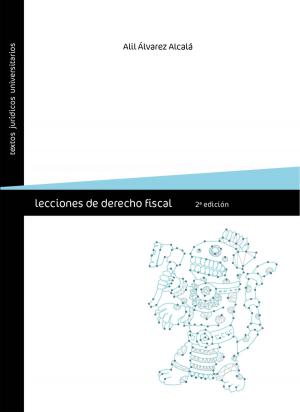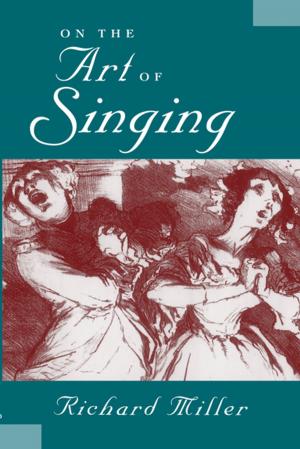Robert Bresson
A Passion for Film
Nonfiction, Entertainment, Film, History & Criticism, Performing Arts, Biography & Memoir, Entertainment & Performing Arts| Author: | Tony Pipolo | ISBN: | 9780199886371 |
| Publisher: | Oxford University Press | Publication: | January 19, 2010 |
| Imprint: | Oxford University Press | Language: | English |
| Author: | Tony Pipolo |
| ISBN: | 9780199886371 |
| Publisher: | Oxford University Press |
| Publication: | January 19, 2010 |
| Imprint: | Oxford University Press |
| Language: | English |
Perhaps the most highly regarded French filmmaker after Jean Renoir, Robert Bresson created a new kind of cinema through meticulous refinement of the form's grammatical and expressive possibilities. In thirteen features over a forty-year career, he held to an uncompromising moral vision and aesthetic rigor that remain unmatched. Robert Bresson: A Passion for Film is the first comprehensive study to give equal attention to the films, their literary sources, and psycho-biographical aspects of the work. Concentrating on the films' cinematographic, imagistic, narrative, and thematic structures, Pipolo provides a nuanced analysis of each film-including nearly 100 illustrations-elucidating Bresson's unique style as it evolved from the impassioned Les Anges du péche to such disconsolate meditations on the world as The Devil Probably and L'Argent. Special attention is also given to psychosexual aspects of the films that are usually neglected. Bresson has long needed a thoroughgoing treatment by a critic worthy to the task: he gets it here. From it emerges a provocative portrait of an extraordinary artist whose moral engagement and devotion to the craft of filmmaking are without equal.
Perhaps the most highly regarded French filmmaker after Jean Renoir, Robert Bresson created a new kind of cinema through meticulous refinement of the form's grammatical and expressive possibilities. In thirteen features over a forty-year career, he held to an uncompromising moral vision and aesthetic rigor that remain unmatched. Robert Bresson: A Passion for Film is the first comprehensive study to give equal attention to the films, their literary sources, and psycho-biographical aspects of the work. Concentrating on the films' cinematographic, imagistic, narrative, and thematic structures, Pipolo provides a nuanced analysis of each film-including nearly 100 illustrations-elucidating Bresson's unique style as it evolved from the impassioned Les Anges du péche to such disconsolate meditations on the world as The Devil Probably and L'Argent. Special attention is also given to psychosexual aspects of the films that are usually neglected. Bresson has long needed a thoroughgoing treatment by a critic worthy to the task: he gets it here. From it emerges a provocative portrait of an extraordinary artist whose moral engagement and devotion to the craft of filmmaking are without equal.















